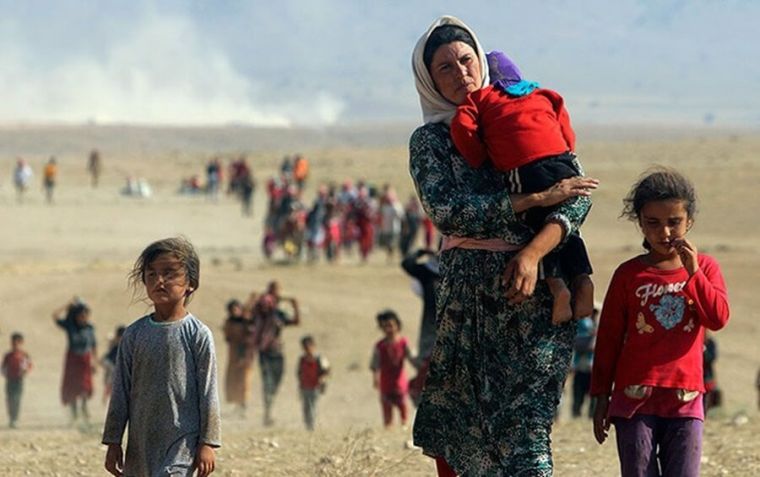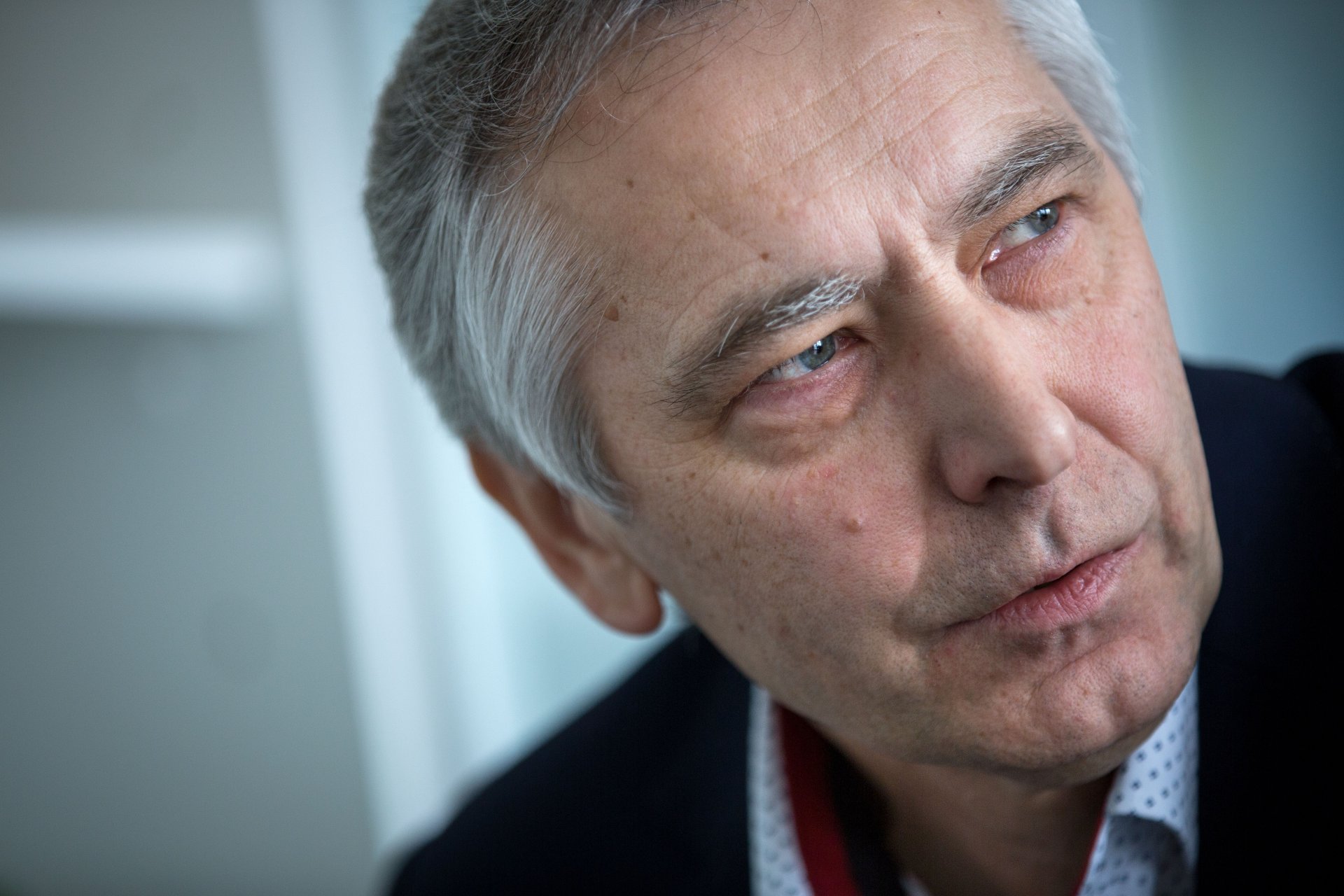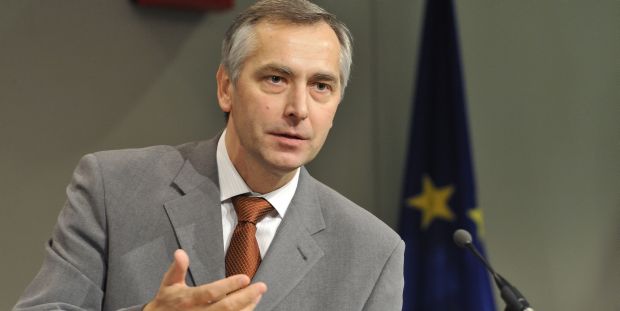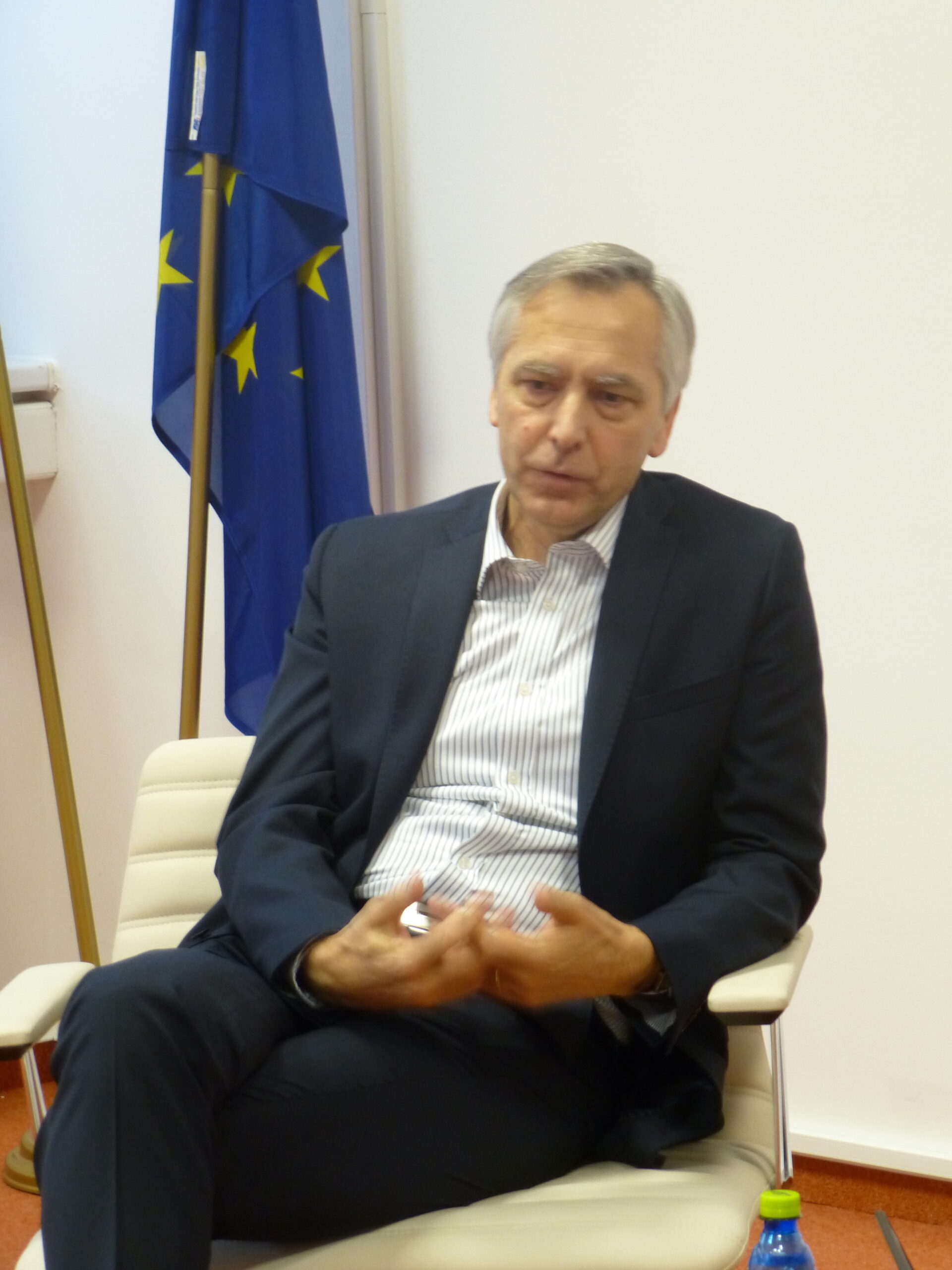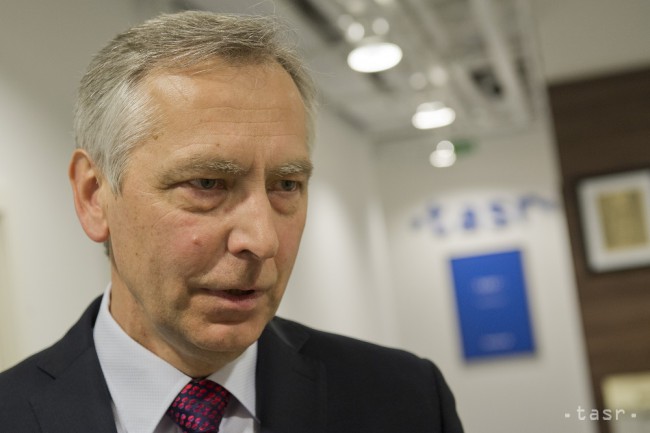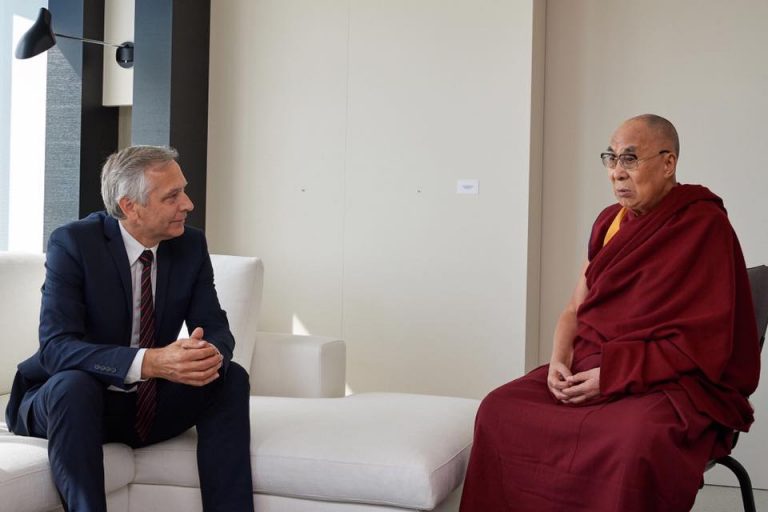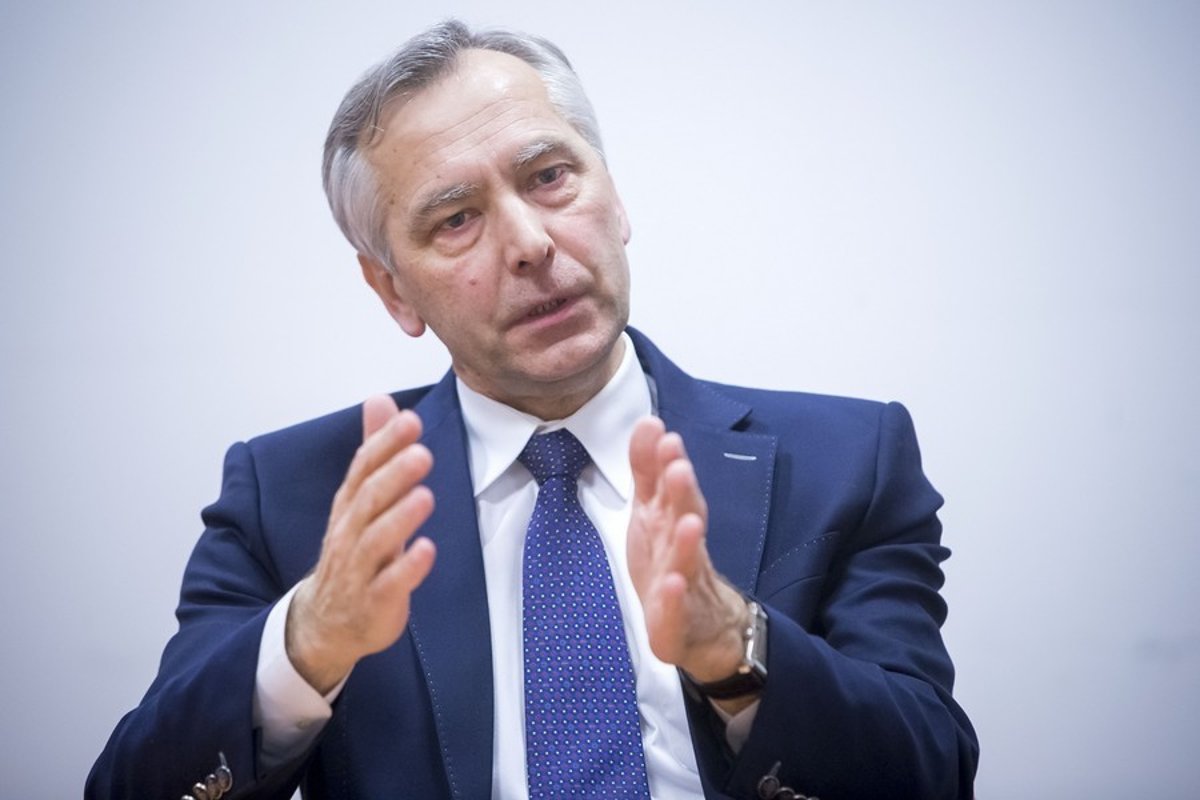Category: Nezaradené
-
A Contribution in Commemoration of the Annual International Day of Religious Freedom-Century of Genocides: End or Continuity?
Brussels, 27.10.2016 (FOREF) – The annual International Day of Religious Freedom on October 27 is a reminder that freedom of religion or belief (FoRB) is neither a self-evident reality, nor a broadly winning international trend. Quite the opposite is the case, since the actual tendency is negative. This essential, universal human value is currently seriously restricted or…
-
Storočie genocíd: koniec, alebo pokračovanie?
Systematické vraždenie, mučenie, zotročovanie, únosy, znásilňovanie a prenasledovanie príslušníkov náboženských a etnických menšín na územiach ovládaných ISIS reprezentuje typ najväčšieho zločinu – genocídu. Autor je osobitný vyslanecpre podporu slobody náboženstva alebo viery mimo EÚ Každoročný Medzinárodný deň náboženskej slobody (27. október) je pripomienkou, že sloboda náboženstva alebo viery (presvedčenia) nie je ani samozrejmou realitou, ani širokým víťazným…
-
Century of genocides: end or continuity?
International Day of Religious Freedom (October 27) is a reminder that freedom of religion or belief (FoRB) is neither self-evident reality, nor broadly winning international trend. Quite opposite, tendency is negative. This essential, universal human value is currently seriously restricted or attacked in majority of world countries and territories representing 74% total population (Pew Study Center…
-
For EU’s religious freedom envoy, Middle East is key arena
Brussels, Belgium, Oct 27, 2016 / 12:08 am (CNA/EWTN News).- The genocide of Yazidis and Christians in the Middle East and the refugee crisis should be a priority for Europe, the EU special envoy for religious freedom has said. Jan Figel told CNA that even though “there many other places where religious freedom is liquidated,…
-
EU Slams Britain: ISIS Is Committing Genocide And You’re Doing Nothing
Boris Johnson is under fire from the EU’s special envoy on religious freedom over the failure to describe ISIS atrocities against Christians and Yazidis as “genocide”, Christian Today can reveal. Figel told Christian Today he was “disappointed” with Johnson and expected him to “take it up” after the “British Parliament clearly expressed an announcement of…
-
Pán Prezident, vďaka, zbohom a dovidenia!
Priznávam, Michala Kováča som za prezidenta volil bez hlbšieho odhodlania a presvedčenia. S istotou som v januári 1993 odovzdal svoj poslanecký hlas Dr. Antonovi Neuwirthovi, bývalému politickému väzňovi, skvelému lekárovi a kresťanskému demokratovi, ktorého kandidatúru za prezidenta pre prvú parlamentnú voľbu navrhlo KDH. Z prvého kola voľby však prezident nevzišiel. Vtedy sme si začali uvedomovať,…
-
Figeľ: Sýrske deti apelujú na Európu, aby sa mier stal realitou
Zaobchádzanie s menšinami je podľa Figeľa testom demokracie a menšiny v Sýrii by si zaslúžili viac práv a ochrany. Deti vďaka 3.000 kresbám žiadajú, aby sa znovu mohli vrátiť do školských lavíc. Brusel 11. októbra (TASR) – Aleppo zomiera a dnešné stretnutie s predstaviteľmi sýrskych kresťanov je prejavom úsilia o zmenu vývoja udalostí v Sýrii.…
-
EU und Freiheit der Religion oder Weltanschauung: Eine neue Momentum
Ján Figeľ: Special Envoy for the promotion of freedom of religion or belief outside the EU Sehr geehrte Damen und Herren, verehrte Gäste, liebe Freunde, Es ist mir eine groβe Ehre und Freude hier Heute zu sprechen. Heute, in einer Zeit vielfacher Krisen besteht mehr als jemals zuvor in der Geschichte der EU die Gefahrt, dass…
-
Figeľ v mene EÚ diskutoval v Bruseli s dalajlámom o ľudských právach
Figeľ na stretnutí zdôraznil, že sloboda náboženského vyznania alebo viery ako univerzálne ľudské právo je prioritou v rámci politiky EÚ v oblasti ľudských práv. Brusel/Bratislava 9. septembra (TASR) – Osobitný vyslanec EÚ pre podporu slobody náboženského vyznania alebo viery mimo hraníc EÚ Ján Figeľ sa stretol vo štvrtok (8.9.) v Bruseli s tibetským náboženským vodcom…
-
Jan Figel: Ongoing genocide in Middle East ‘a much greater security threat than climate change’
Written by Martin Banks on 11 August 2016 in News Jan Figel, the first special envoy for the promotion of freedom of religion or belief outside the EU, has voiced concern at the “genocide” of Christian, Yezidi, Shia Muslim and other communities in the Middle East. Figel, formerly European education, training and culture Commissioner, said…

